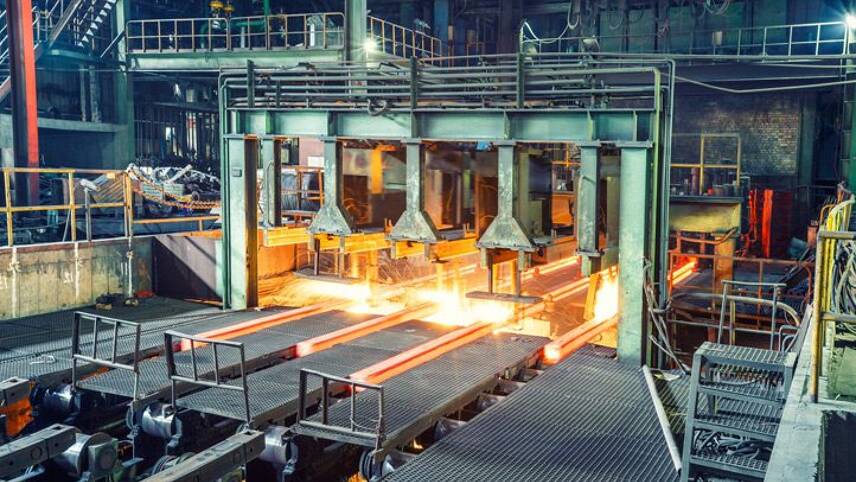Register for free and continue reading
Join our growing army of changemakers and get unlimited access to our premium content

The report emphasises the need for a UK strategy that focuses on green technologies and sectors where economies of scale are manageable and a comparative advantage exists.
These include offshore wind, sustainable aviation fuels, tidal power, port infrastructure, nuclear energy, and carbon capture but also strengths in chemicals, power machinery, road vehicles, beverage production, and aerospace.
Additionally, the report highlights the UK’s excellence in regulatory capabilities, research, innovation, and services exports.
The Aldersgate Group is calling on the government to harness these strengths, encourage private investment through clear policies and financial support, and take prompt action to strengthen green industries.
The report notes that hydrogen and carbon capture, utilisation, and storage (CCUS) sectors already generate £1.7bn in turnover across the UK and are poised for considerable annual growth.
Aldersgate Group’s executive director Rachel Solomon Williams said: “The Government has made positive statements about the need for investment into UK clean industries, but is increasingly falling behind the US and other countries in backing statements up with firm policies and long-term strategies.
“This new research highlights both the risks of inaction and the huge benefits that would follow tangible action.”
The report has unveiled that despite being a global leader in clean energy investment, the UK is falling behind international competitors.
Last year, UK energy transition investment dropped by 10%, while the US and Germany saw increases of 24% and 17%, respectively. The report also indicates that several of the UK’s top ten export sectors face significant trade risks due to the Inflation Reduction Act.
To counter the challenging economic environment, the report recommends developing a strong industrial strategy, tackling high electricity expenses for heavy industries, introducing measures to promote green public procurement, aligning the Emissions Trading Scheme (ETS) with the EU, and introducing a voluntary Contracts for Difference (CfD) program.
Economic opportunities of industrial decarbonisation
WPI Economics, on behalf of the Aldersgate Group, has also published a report highlighting the economic benefits of decarbonising the industrial sectors.
According to the report, industrial sectors and their supply chains currently contribute £152bn to the UK’s Gross Value Added (GVA) and support 1.4 million jobs, often offering above-average wages and supporting local economies.
The North of England holds 28% of heavy industry’s GVA, contributing almost £43bn and 400,000 jobs. The Midlands has £29bn in GVA and 290,000 jobs tied to these sectors. Scotland and Wales also benefit through the heavy industry, with GVA of £18bn and £10.5bn, respectively.
Highlighting the ripple effect, the report underscores that for every direct job in the industrial sector, more than two additional jobs are created in the broader economy through indirect and induced employment.
Furthermore, the analysis indicates that many UK industries enjoy a competitive advantage on the global stage including sectors such as chemicals, non-ferrous metals, and beverage manufacturing. Currently, UK industry accounts for approximately 21% of the country’s exports, closely aligning with the global average of 22%.
The research offers two contrasting scenarios for the future of heavy industry.
In the worst-case scenario, where no further support is provided for the industry’s transition to net-zero emissions, its share of the national GVA could plummet from 6.4% in 2022 to a mere 0.3% in 2050.
Conversely, under the most optimistic scenario, heavy industry could maintain its contribution at 6.2% of the national GVA in 2050, amounting to more than £235bn.
Nevertheless, the report highlights that with the establishment of a strong green industrial sector, facilitated by the recommended investments and policy support, it has the potential to contribute £72bn in GVA, safeguard more than 450,000 jobs, enhance supply chain stability, and generate economic growth nationwide.


Please login or Register to leave a comment.